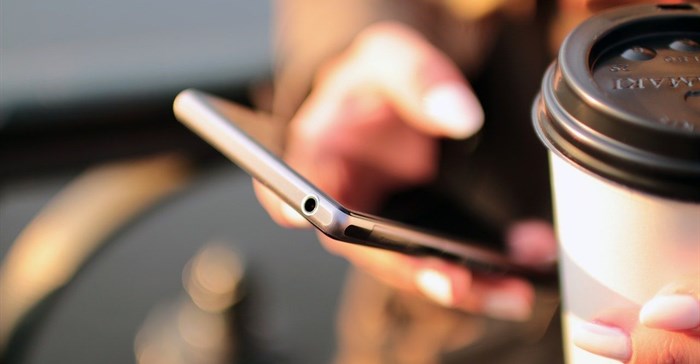
Related

Nigeria’s plastic waste could enrich the fashion industry: here’s how
Solaja Mayowa Oludele 22 Sep 2025




Top stories






More news


Marketing & Media
Ads are coming to AI. Does that really have to be such a bad thing?














While plastic has many valuable uses, we have become over-reliant on single-use or disposable plastic which has severe consequences for the environment, in particular our oceans and our health. This is why World Environment Day 2018 has been themed #BeatPlasticPollution and is calling for strong consumer and government action.
John Duncan, head of WWF-SA's Marine Programme, comments: “We have spent centuries extracting and consuming the planet’s resources and then simply discarding what is left over into the ocean or landfills. Not too surprisingly, our natural ecosystems are now reaching the point where they can no longer absorb our waste and we are starting to witness natural feedback cycles in the form of climate change, species extinctions and oceans increasingly teeming with more plastic than fish in volume."
Duncan points out that while many people think that recycling is the answer, this is something of a misnomer.
“Although South Africa has a growing recycling sector, the reality is that due to poor economic returns or the non-recyclability of a number of types of plastics, a large percentage of the plastic that you use will never be recycled, even if you put it in your recycling bin. A better place for you to start is perhaps to take a minute to think about whether we need some of the problem plastics to start with,” he points out.
“Plastic items such as straws, coffee cup lids, earbuds, individual sweet wrappers, plastic cutlery, stirrers and shopping bags are generally used for less than 20 minutes before they are thrown away. As it is highly unlikely that they will be recycled, they are likely to outlive you and your grandchildren by a couple of hundred years. The next time you are offered one of these items, take a second to think about whether you really need it, or if you can find another way of consuming your drink or carrying your coffee and shopping.”
Plastics by numbers
Sources: University of Cape Town’s Fitzpatrick Institute, United Nations, Science